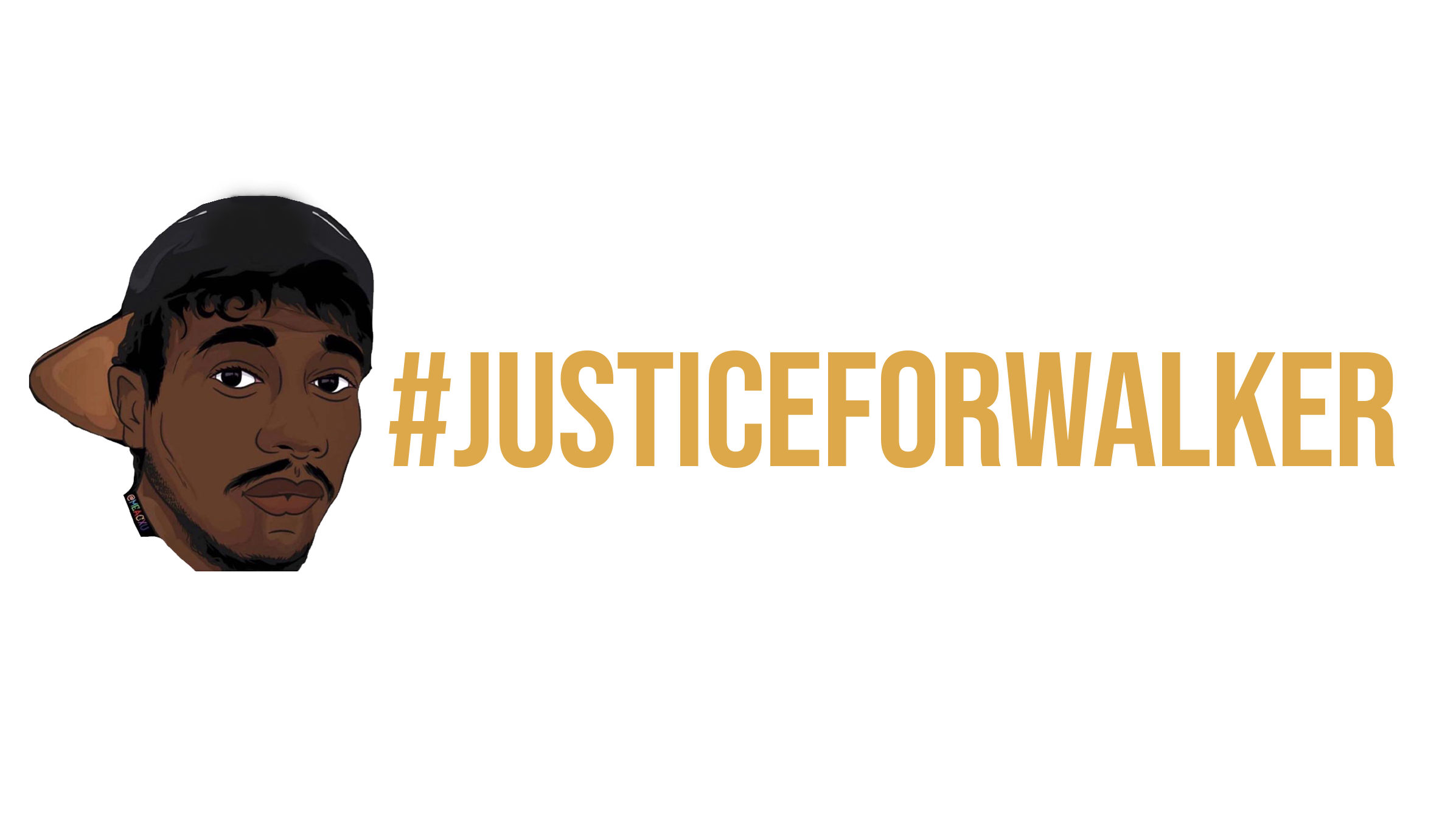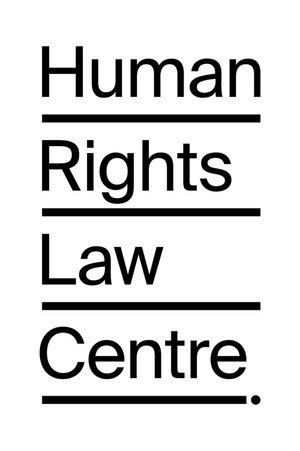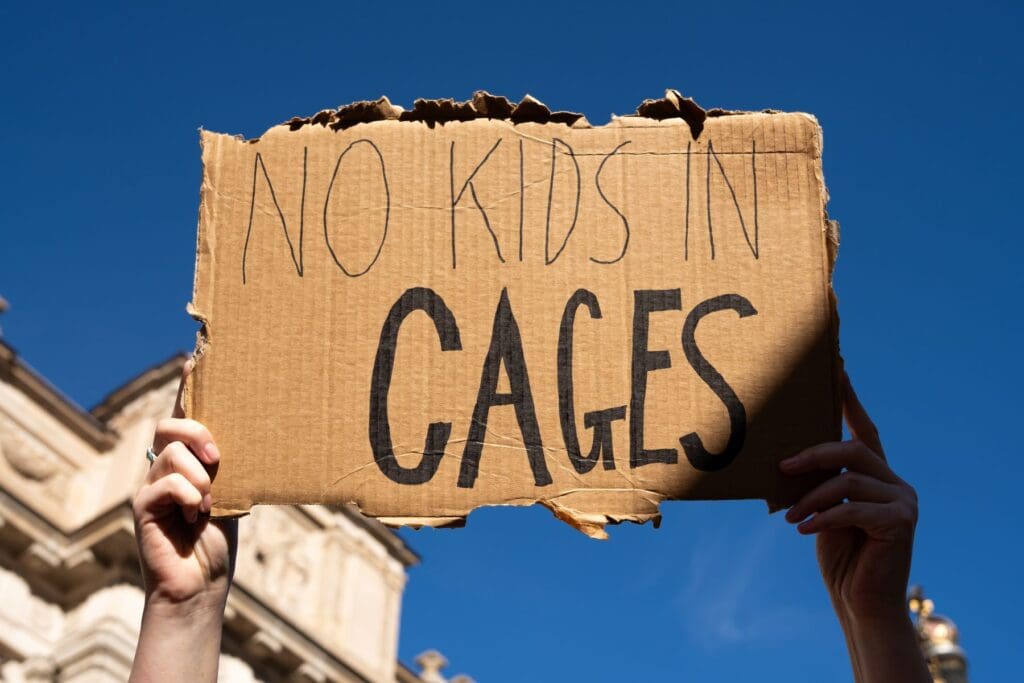Kumanjayi Walker inquest to recommence: Rolfe to give evidence
Following many delays, the coronial inquest into the police shooting death of Warlpiri and Luritja teenager Kumanjayi Walker is set to recommence on 22 February 2024 to hear from the last two witnesses – former NT police officer Zachary Rolfe and Sergeant Lee Bauwens.
On 9 November 2019, Kumanjayi Walker was killed after Rolfe shot him three times at close range in his home community of Yuendumu. Rolfe was charged with murder after the shooting but acquitted at trial. His former colleague, Sergeant Lee Bauwens, was the then Officer in Charge of the Immediate Response Team that Rolfe was part of, which was deployed to Yuendumu the day of the shooting.
Last year, Coroner Armitage dismissed a request from former Constable Zachary Rolfe to remove herself from the inquest. Rolfe had made an application for the Coroner to recuse herself based on perceived bias against him, just weeks before he was due to give evidence. This followed previous unsuccessful attempts by Rolfe to avoid giving evidence at the inquest into the police-shooting death.
The significant inquest, which has now spanned over two years, commenced in September 2022. During that time, the Coroner has heard hundreds of hours of evidence from Kumanjayi Walker’s family, community members, Aboriginal leaders and police officers. The Coroner has also watched hours of video evidence and read thousands of pages of witness statements.
Quote from Samara Fernandez-Brown, cousin of Kumanjayi Walker:
“Our cousin Kumanjayi Walker should be alive today with his family and his community. Zachary Rolfe finally fronting the coronial inquest into our cousin’s death is a significant moment for our families on our journey towards justice. We believe in order to gain the truth about our loved one’s death and move towards change, Rolfe must answer for his actions. There is no moving forward without full truth and accountability.”
Quote from Jared Sharp, Principal Legal Officer at the North Australian Aboriginal Justice Agency (NAAJA):
“We stand with the Aboriginal communities of the Northern Territory and more specifically with the family and community of Kumanjayi Walker as they fight for long overdue justice and accountability. They deserve to know the full truth about how and why their loved one died. It is time for Rolfe to take the stand in this inquest and provide answers on his actions.”=
Quote from Monique Hurley, Managing Lawyer at the Human Rights Law Centre, who are supporting NAAJA in the inquest:
“Across this country, over 550 Aboriginal and Torres Strait Islander people have died in custody in the three decades since the Royal Commission into Aboriginal Deaths in Custody. Yet governments continue to sit on their hands and fail to act. We stand behind Kumanjayi Walker’s loved ones, the Yuendumu community and NAAJA in their calls for truth and accountability. Aboriginal communities have always had the answers – they must be listened to, and governments must act on community calls for change.”
Background
The North Australian Aboriginal Justice Agency (NAAJA), with support from the Human Rights Law Centre, have intervened in the coronial inquest to highlight systemic injustices experienced by Aboriginal people in the Northern Territory. They are calling for:
-
an end to discriminatory policing and excessive use of force by police;
-
independent and robust police accountability mechanisms;
-
proper resourcing for self-determined solutions including community-led alternatives to police and community-controlled health services.
Sergeant Lee Bauwens is due to give evidence on 22 and 23 February 2024 and former Constable Zachary Rolfe is due to give evidence from 26 February to 1 March 2024. More information about the coronial inquest, and the livestream to proceedings, is available here.



Media Contact:
Michelle Bennett: 0419 100 519 michelle.bennett@hrlc.org.au
Media Enquiries
Chandi Bates
Media and Communications Manager

University of Melbourne urged to drop repressive anti-protest and surveillance policies
The University of Melbourne is being urged to abandon policy changes that restrict staff and students’ right to protest and permit the widespread surveillance of people using their wifi network.
Read more
Expanded protections for marginalised groups welcomed in Allan Government’s anti-vilification laws
The Human Rights Law Centre welcomes the additional protections for marginalised groups in anti-vilification laws passed today by the Allan Government. These laws expand protections from vilification to include people from LGBTIQA+ and disability communities, and provide communities with important civil law avenues to address vilification.
Read more
Aboriginal human rights experts take Australia’s racist youth justice policies to the UN
Aboriginal leaders are calling on the United Nations to take urgent action to address Australia’s discriminatory and punitive youth justice policies
Read more


